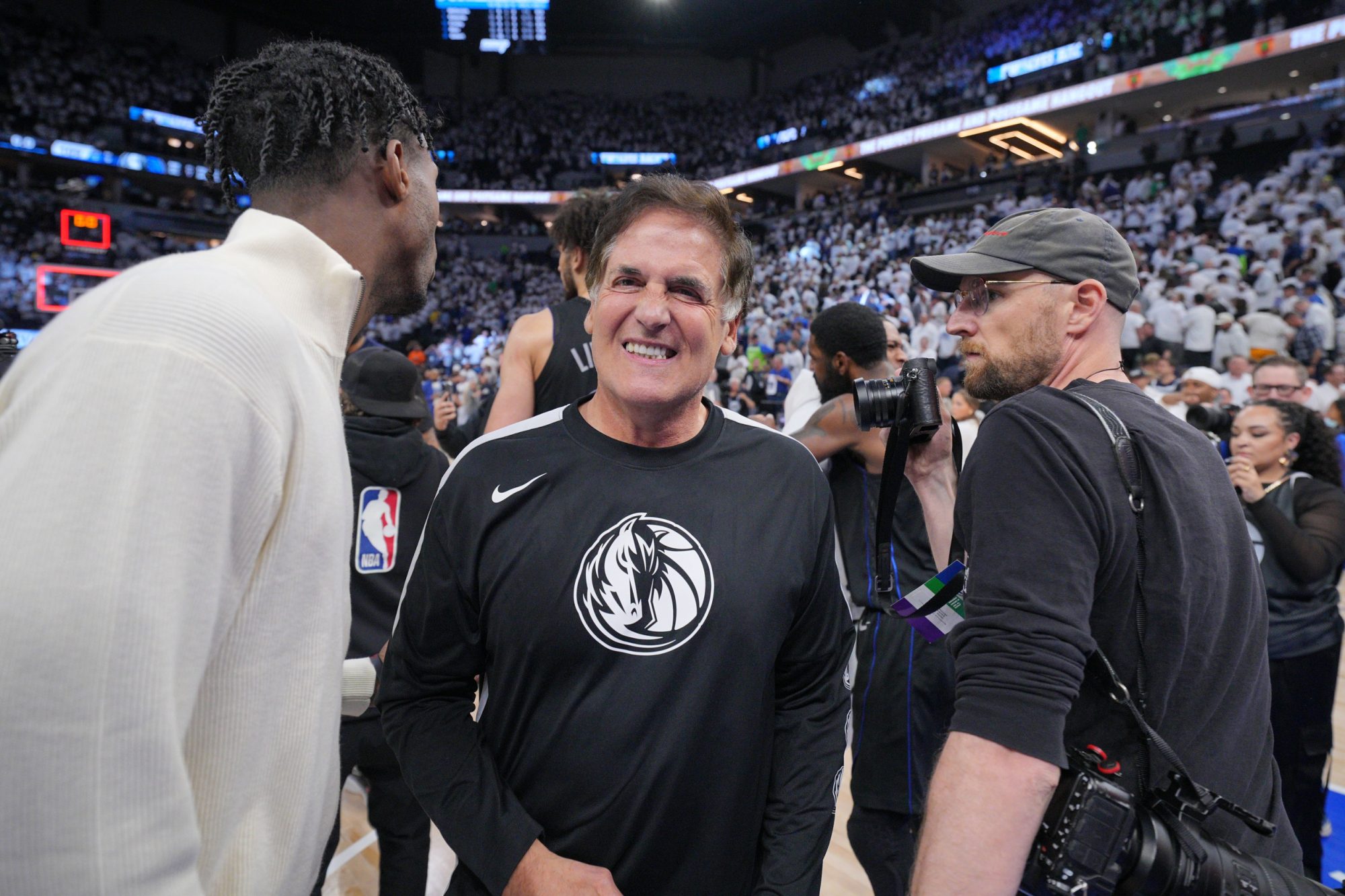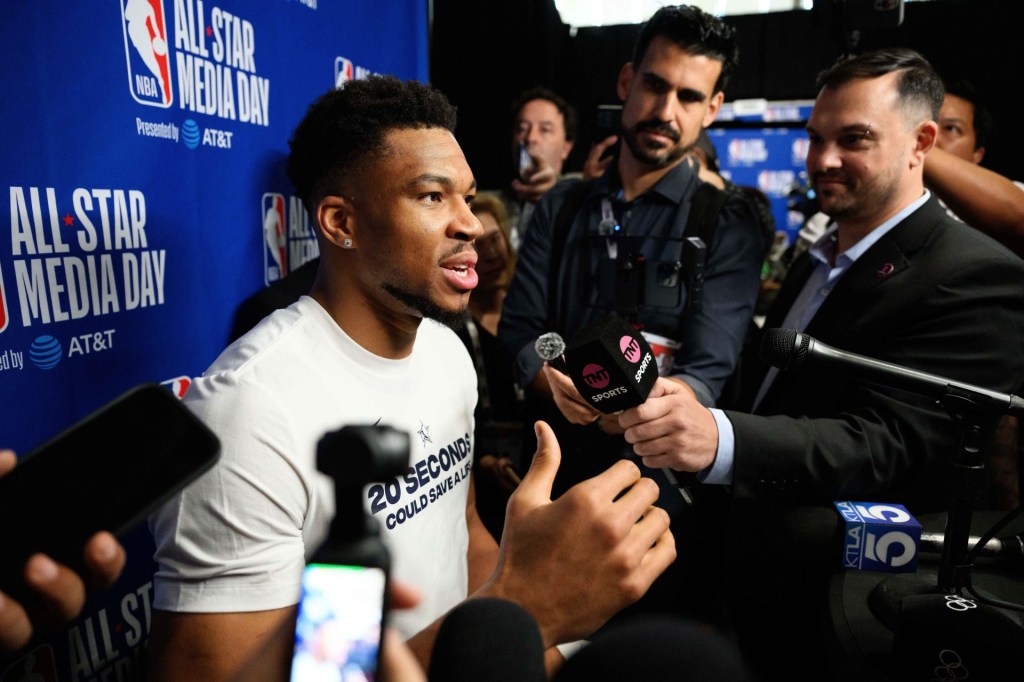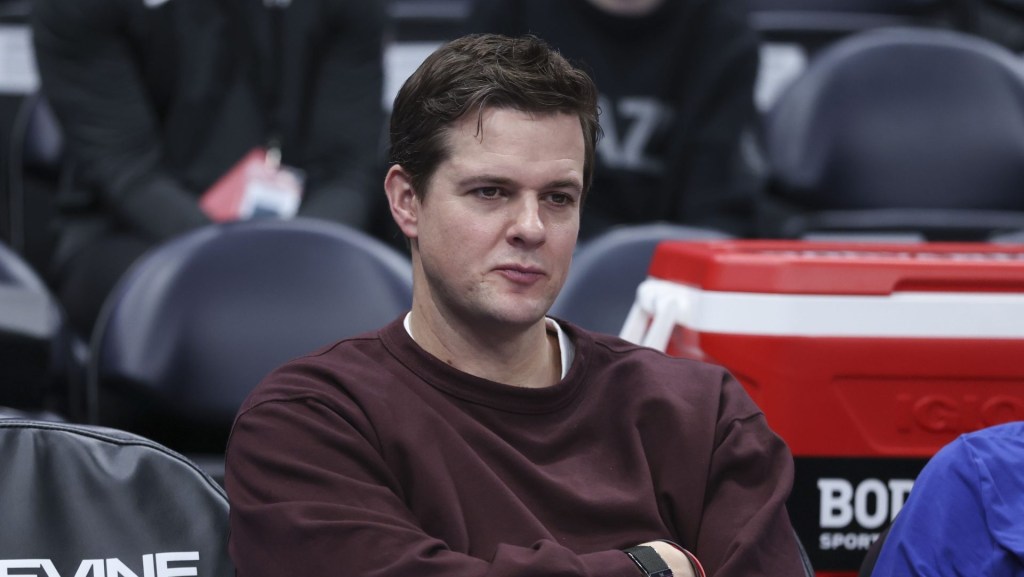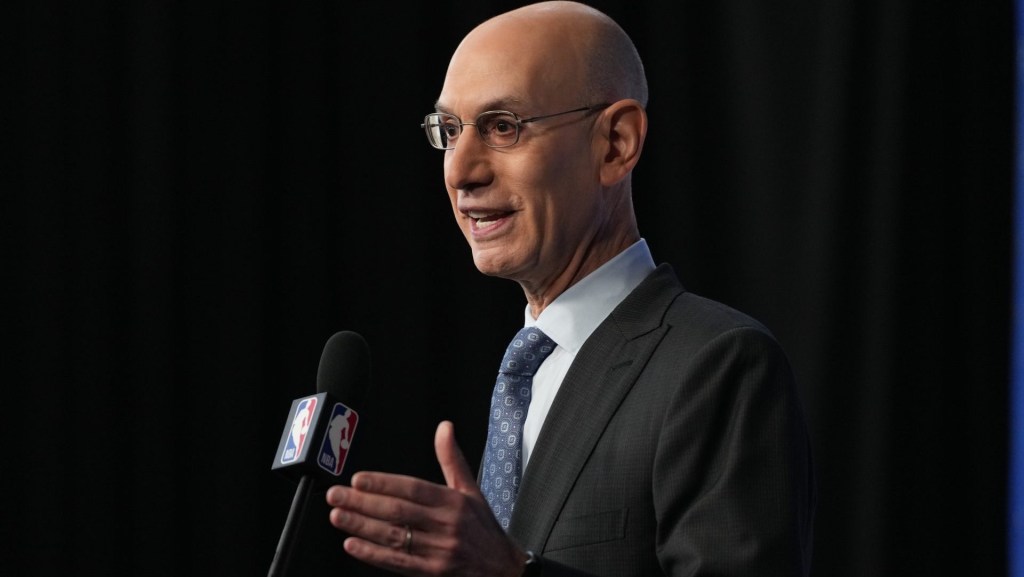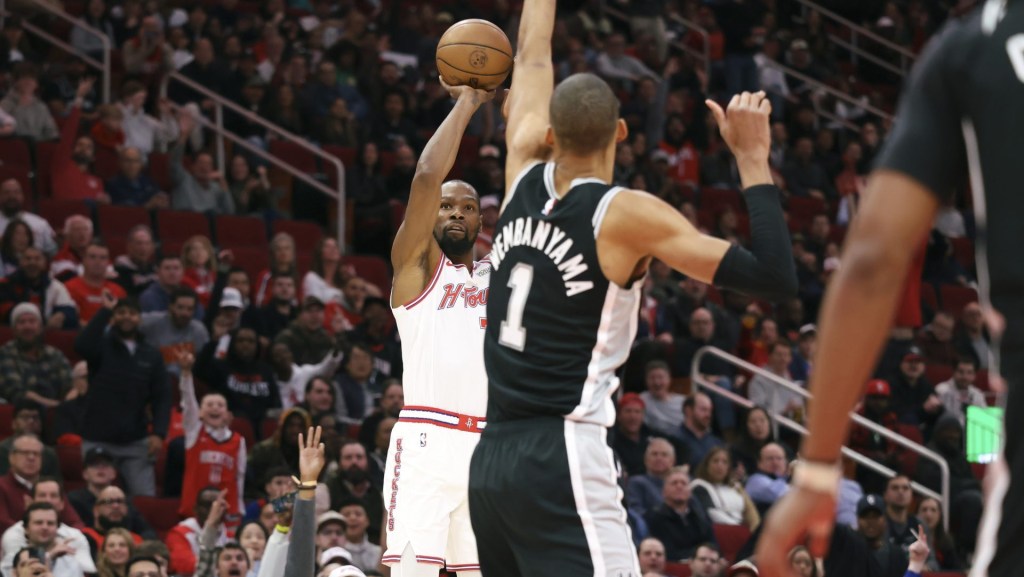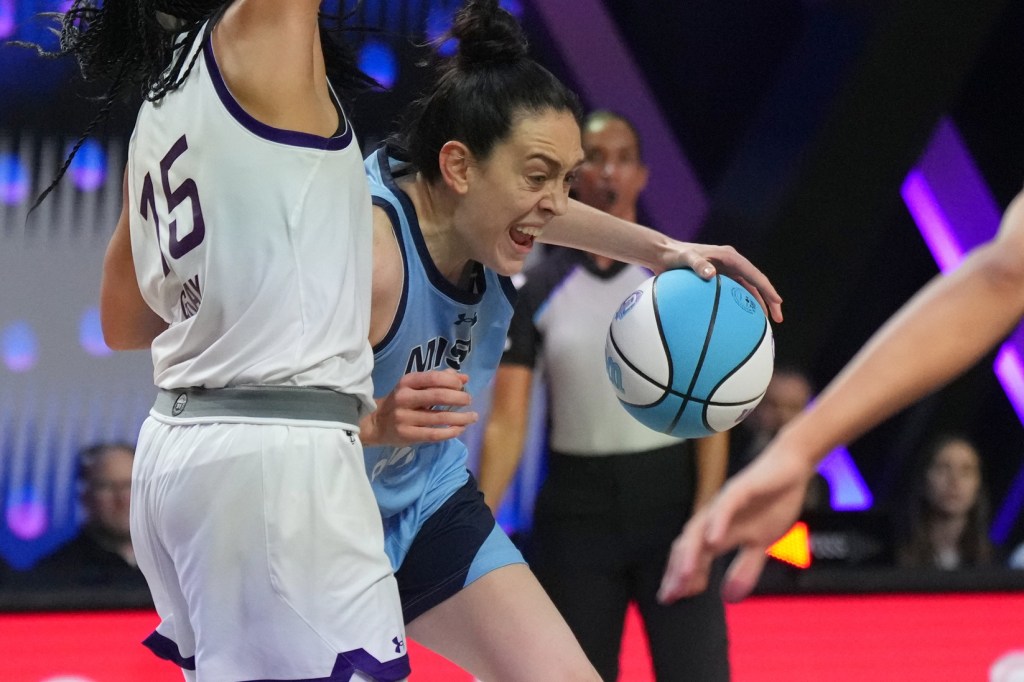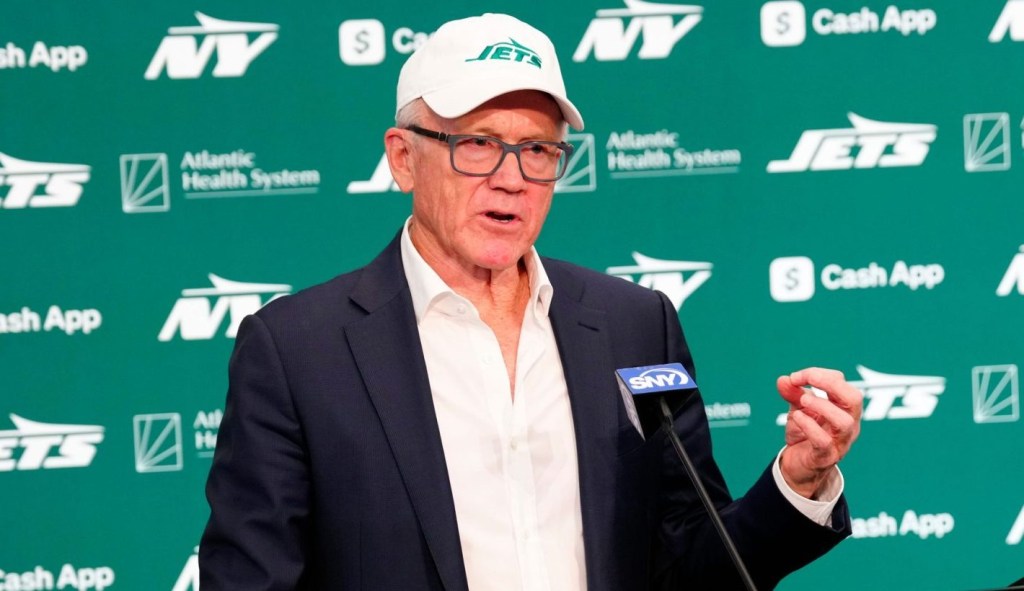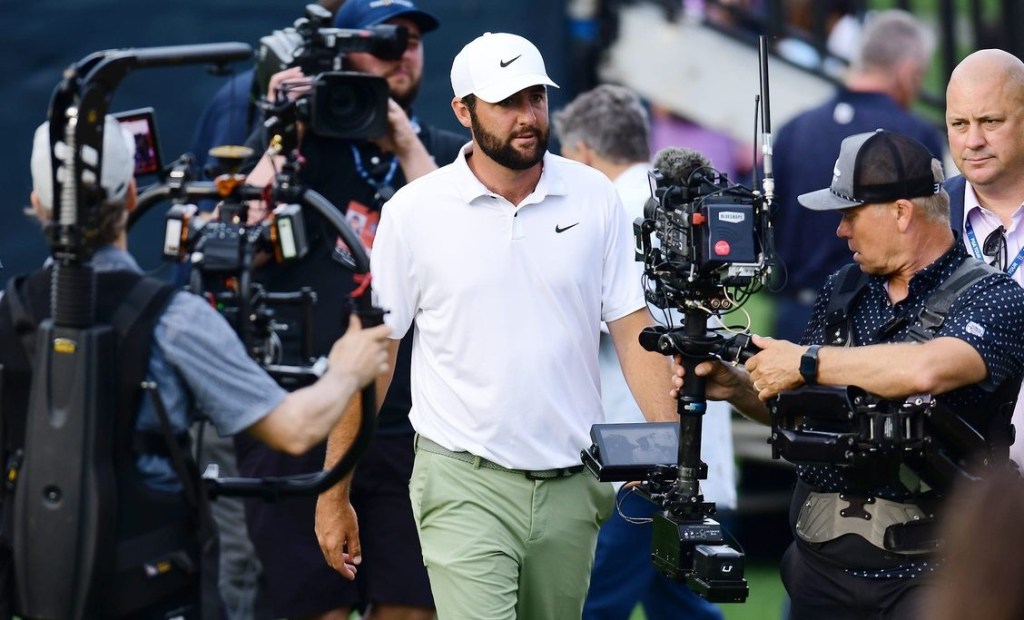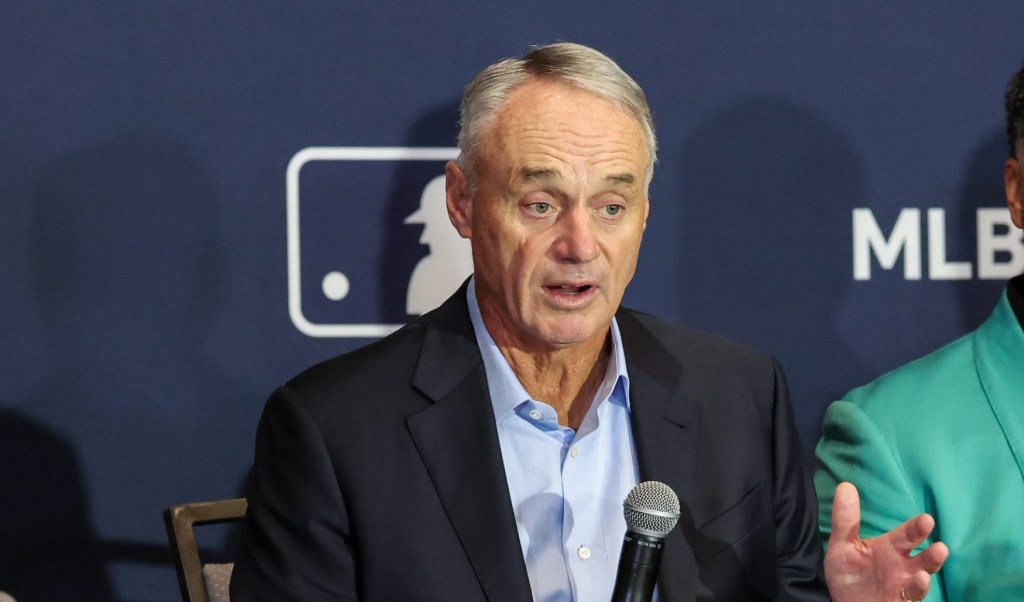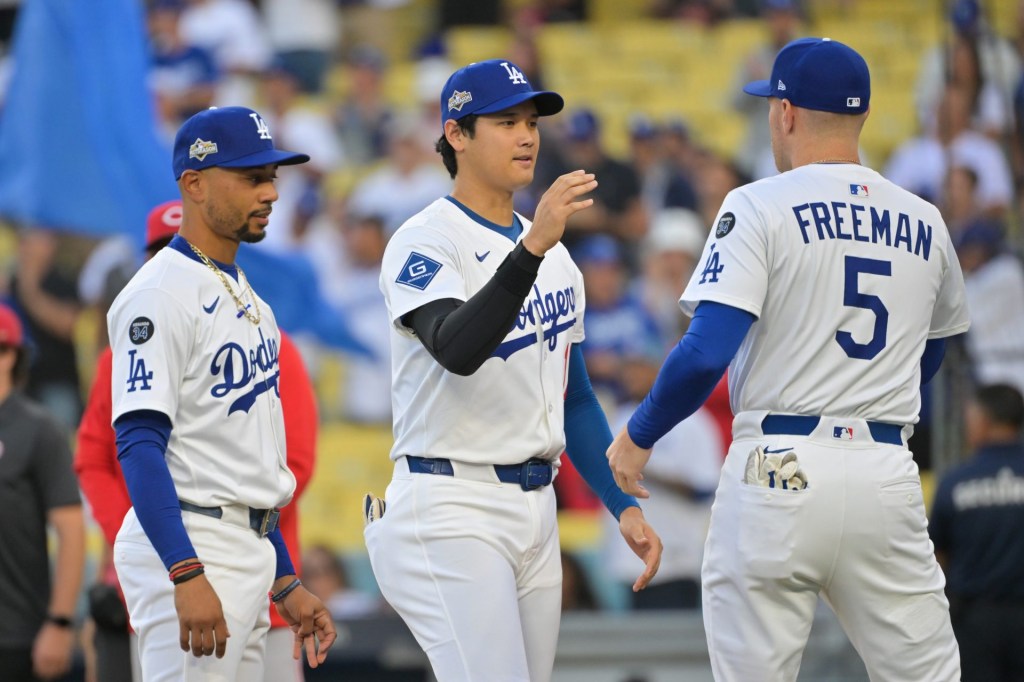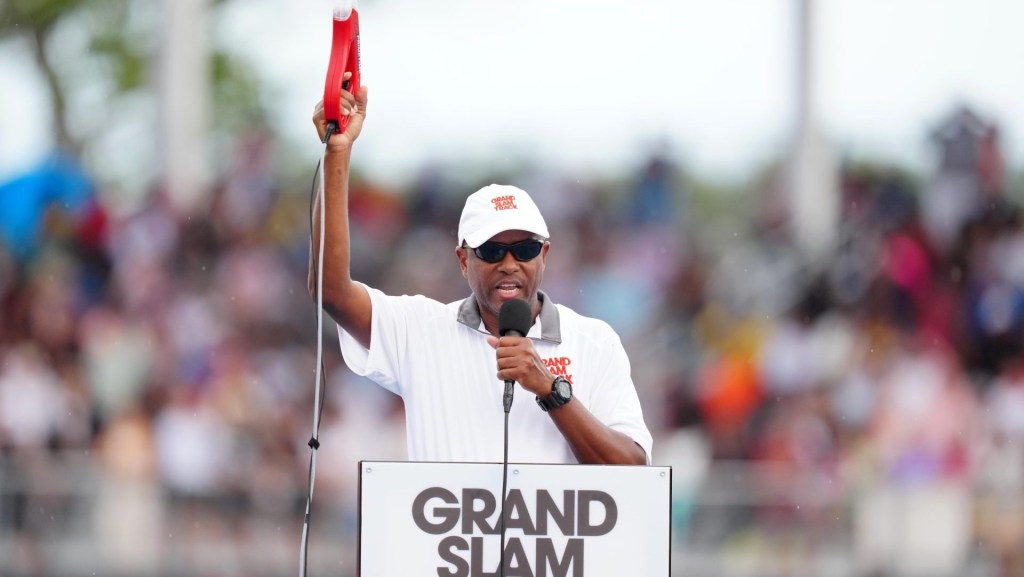NBA commissioner Adam Silver has teased league expansion for years, with Las Vegas and Seattle as the markets commonly linked to new teams. But the NBA has yet to pull the trigger on its first expansion franchise since 2004, and Mavericks minority owner Mark Cuban believes it won’t happen anytime soon.
Speaking on the DLLS Mavericks podcast Tuesday, the billionaire businessman outlined two reasons why he thinks there won’t be local NBA expansion. Both are essentially related to how revenue is diluted due to additional teams.
The first reason Cuban mentioned relates to the expansion fee. He said that the expansion fee, regardless of the price, is “just a loan.” The league will pay the expansion team by giving it a share of the television money—which is about $7 billion per year for the next 11 years.
TV revenue is currently divided evenly among the 30 teams, but an expansion team would then add a 31st and potentially 32nd team to split the pot. Current team owners may be against that arrangement, and their approval is needed for league expansion.
“Why split up the pie any further?” Cuban said.
The second reason Cuban gave relates to the league’s salary cap and infamous two-apron structure. The former Shark Tank judge said more teams also means more players, which means more salaries to pay.
If the basketball-related income does not increase relative to the number of players added, that could result in a diminished salary cap. (The salary cap may also still increase, but lower than what teams are currently projecting.) That could affect both front offices and players.
Teams may be put in a financial bind in an era when most teams are looking to avoid the second apron and the basketball penalties that come with breaching that threshold.
“Literally in a second-apron era, the cap goes down and the second apron goes down and teams are fucked,” Cuban said.
On the other hand, a lower salary cap would also mean a decrease in the contracts of players. Some deals, most notably maximum contracts, are calculated as a percentage of the salary cap.
“The players then would have to decide: Do we want to take less money in cap room or do we want the extra jobs?” Cuban said.
Cuban didn’t rule out league expansion down the line. The hurdles he mentioned are tied to the collective bargaining agreement, which runs until the 2029–30 season. Players can opt out of the CBA after the 2028–29 season.
“If they opt out in Year 5 or what it is for the CBA, then they can start to accommodate more,” Cuban said.
While the NBA has gone back and forth on local NBA expansion, it appears to have shifted its focus to expanding in Europe through a new league. Cuban is in favor of that expansion because it would be “a new source of revenue.”
“We’re a global sport, so I think that’s a net positive if they can make it work,” Cuban said.
